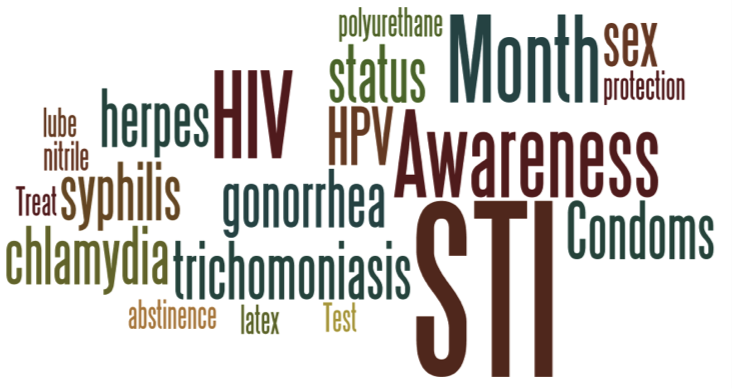What are STDs (Sexually Transmitted Diseases)?
Sexually Transmitted Diseases (STDs), also known as Sexually Transmitted Infections (STIs), are very common. Millions of new infections occur every year in the US.
STDs are passed from one person to another through sexual activity including vaginal, oral, and anal sex. They can also be passed from person to person through other intimate physical contact, though this isn’t very common.
STDs don’t always cause symptoms or may only cause mild symptoms, so it’s possible to have an infection and not know it. That’s why it’s important to get tested if you’re planning on having sex. If you’re diagnosed with an STD, know that all STDs can be treated with medicine, and some can be cured entirely.
STDs are preventable. If you plan on having sex, know how to protect yourself and your partner from STDs.
Chlamydia:
Chlamydia is a common STD that can infect both males and females. It can cause serious, permanent damage to a female’s reproductive system. This can make it impossible to become pregnant. Chlamydia can also cause a potentially fatal ectopic pregnancy (pregnancy that occurs outside the womb).
Symptoms:
Most people with chlamydia don’t have any symptoms. If you do have symptoms, they may not appear until several weeks after sex. Even when you don’t have symptoms, it can damage your reproductive system.
Females may experience:
- An abnormal vaginal discharge
- A burning sensation while urinating
Males may experience:
- An abnormal discharge from the penis
- A burning sensation while urinating
- Pain or swelling in 1 or both testicles (although it’s less common)
You can also get chlamydia in your rectum. While these infections often don’t cause symptoms, they can cause:
- Rectal pain
- Discharge
- Bleeding
Gonorrhea:
Gonorrhea is and STD that can infect both males and females. It can cause infections in the genitals, rectum, and throat. It’s a very common STD, especially among young people ages 15-24 years.
Symptoms:
Some people with gonorrhea may not have any symptoms.
Males may experience:
- A burning sensation whilst urinating
- A white/yellow/green discharge from penis
- Painful/swollen testicles (less common)
Females may experience:
- Painful/burning sensation whilst urinating
- Increased vaginal discharge
- Vaginal bleeding between periods
Rectal infections may or may not cause:
- Discharge
- Anal itching
- Soreness
- Bleeding
Genital Herpes:
Genital Herpes is an STD caused by 2 types of viruses: herpes simplex virus type-1 (HSV-1) and herpes simplex virus type-2 (HSV-2).
Symptoms:
Most people don’t have symptoms or have very mild symptoms. You may not notice them, or you may mistake them as a pimple or ingrown hair.
Herpes sores usually appear as one or more blisters on or around the genitals, rectum, or mouth. The blisters break and leave painful sores that take a week to heal. These symptoms are called “having an outbreak.” The first time someone has an outbreak, they may also have flu-like symptoms such as fever, body aches, or swollen glands.
People who experience an outbreak can have repeated outbreaks, especially if they have HSV-2. Repeat outbreaks are usually shorter and less severe than the first.
You should be examined by a doctor if you notice any of these symptoms, or if your partner has and STD or symptoms of an STD. Symptoms can include an unusual sore, a smelly discharge, burning whilst urinating, or bleeding between periods. Also, be sure to get tested regularly and use protection when having sex.
To learn more about STDs visit www.cdc.gov/std/default.htm


 by
by 
